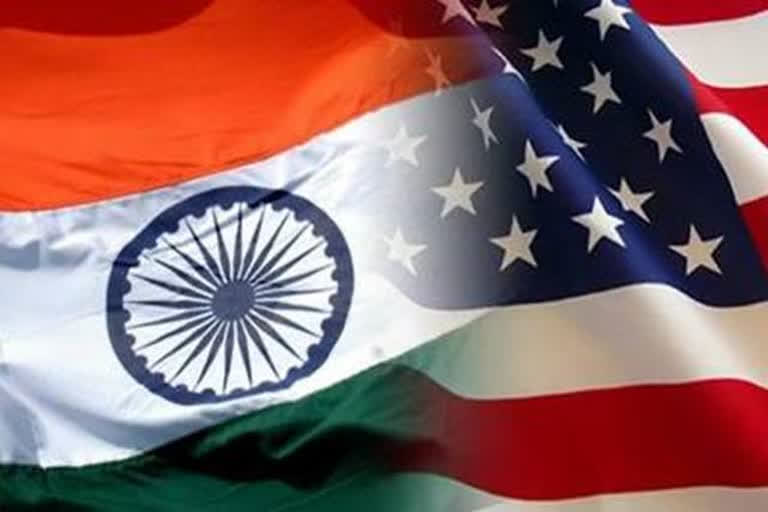New Delhi: In a measure that will be seen as a retaliation against the digital service tax collected from the US tech giants such as Google and Facebook, the United States Wednesday announced the imposition of a 25% tariff on goods and services worth $2 billion imported from six countries, including India, according to a statement issued by the office of US Trade Representative.
The USTR, however, immediately suspended the tariff for up to six months to allow the international negotiations pending at Organisation for Economic Co-operation and Development (OCED) and G20 to conclude.
After a year-long investigation into the digital service tax imposed by these countries against US tech companies such as Google, Facebook, Twitter, Microsoft, and Amazon among others, in January this year, the USTR concluded that the digital tax or Google tax, as it is sometimes referred, was discriminatory against the US companies.
"United States Trade Representative Katherine Tai on Wednesday announced the conclusion of the one-year Section 301 investigations of Digital Service Taxes (DSTs) adopted by Austria, India, Italy, Spain, Turkey, and the United Kingdom," the USTR said in a statement.
"USTR announces, and immediately suspends, tariffs in Section 301 Digital Services Taxes Investigations," it said, adding that the suspended tariffs on goods from six trading partners will allow broader international tax negotiations to continue.
"The United States is focused on finding a multilateral solution to a range of key issues related to international taxation, including our concerns with digital services taxes," said Ambassador Katherine Tai.
Tai said the US government remains committed to reaching a consensus on international tax issues through the OECD and G20 processes.
What is the India-US tax dispute?
To tax the income accruing to foreign internet and e-commerce companies from their India operations, the Union government announced the imposition of an 'Equalization Levy' in the budget speech in February 2016. And a levy of 6% became applicable from June 1, 2016.
This levy at the rate of 6% is collected under the reverse-charge mechanism.
It means that an Indian entity receiving online advertisement services from a non-resident company that may be billing its Indian service recipient from an address located outside India, such as Ireland, will be required to add an amount of 6% over and above the bill raised by the foreign service provider and deposit the tax to the government.
